Navigating Georgia’s Higher Education Landscape: A Comprehensive Guide to Colleges and Universities
Related Articles: Navigating Georgia’s Higher Education Landscape: A Comprehensive Guide to Colleges and Universities
Introduction
In this auspicious occasion, we are delighted to delve into the intriguing topic related to Navigating Georgia’s Higher Education Landscape: A Comprehensive Guide to Colleges and Universities. Let’s weave interesting information and offer fresh perspectives to the readers.
Table of Content
Navigating Georgia’s Higher Education Landscape: A Comprehensive Guide to Colleges and Universities
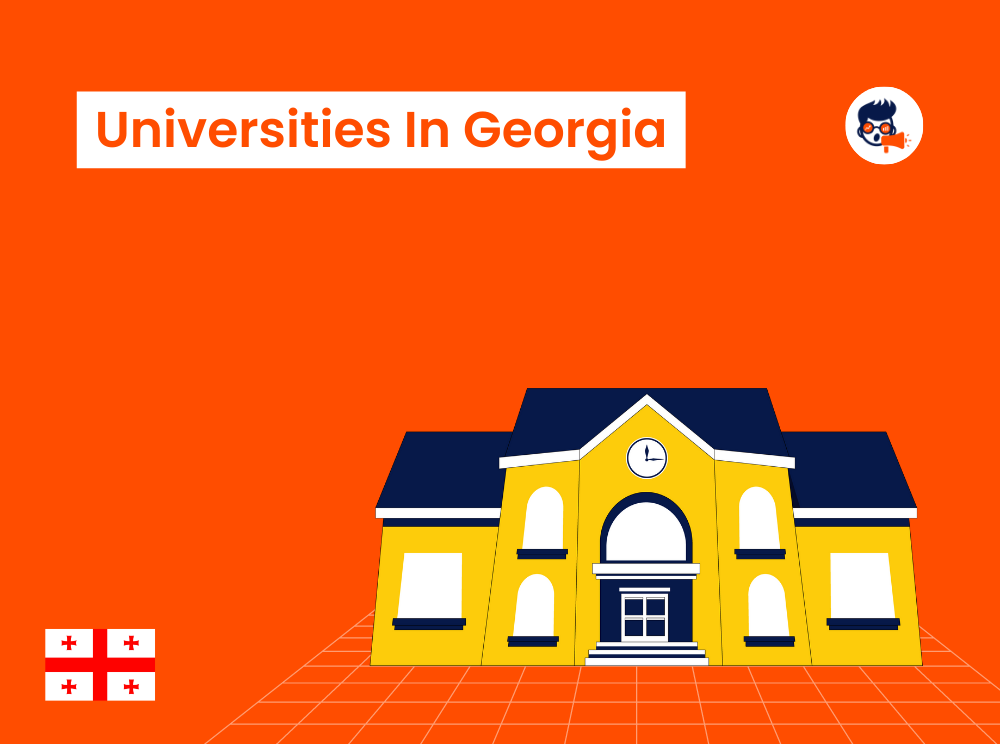
Georgia boasts a robust higher education system, with a diverse range of colleges and universities catering to various academic interests and career aspirations. This comprehensive guide, accompanied by a visual map, offers a detailed overview of Georgia’s higher education landscape, providing insights into the state’s educational offerings and their significance for students and the wider community.
A Visual Representation of Georgia’s Educational Hubs
The map of colleges in Georgia serves as a valuable tool for prospective students, their families, and anyone seeking to understand the state’s educational infrastructure. This visual representation provides a clear and concise overview of the geographical distribution of higher education institutions across the state.
Key Features of the Map:
- Location: The map clearly depicts the location of each college and university within Georgia, making it easy to identify institutions in specific regions or cities.
- Institution Type: The map distinguishes between public and private institutions, allowing users to quickly identify those that align with their preferences.
- Institution Size: The map may indicate the size of each institution, providing an initial understanding of the scale and student population.
- Academic Programs: The map may highlight the specific academic programs offered by each institution, such as engineering, business, or the arts.
Understanding the Diversity of Georgia’s Higher Education Landscape
Georgia’s higher education system is characterized by its diversity, encompassing a wide range of institutions, from large research universities to small liberal arts colleges.
Public Institutions:
- University System of Georgia: The University System of Georgia comprises 26 public colleges and universities, including flagship institutions like the University of Georgia and Georgia Tech. These institutions offer a broad range of undergraduate and graduate programs, encompassing fields such as engineering, medicine, law, and the arts.
- Technical Colleges: Georgia’s Technical College System provides a comprehensive network of technical colleges offering associate degrees, diplomas, and certificates in fields such as healthcare, technology, and skilled trades.
Private Institutions:
- Colleges and Universities: Georgia is home to a number of private colleges and universities, including renowned institutions such as Emory University, Agnes Scott College, and Spelman College. These institutions often focus on liberal arts education, offering a smaller class size and a more personalized learning experience.
- Faith-Based Institutions: Several private colleges and universities in Georgia are affiliated with religious denominations, offering a distinctive educational experience rooted in faith and values.
The Significance of Georgia’s Higher Education System
Georgia’s robust higher education system plays a crucial role in the state’s economic development, social progress, and overall well-being.
Economic Impact:
- Skilled Workforce: Higher education institutions produce a highly skilled workforce, equipping graduates with the knowledge and skills necessary to thrive in a competitive job market.
- Innovation and Research: Research universities contribute significantly to the state’s economy through groundbreaking research and technological advancements.
- Entrepreneurship: Colleges and universities foster entrepreneurship by providing resources, mentorship, and networking opportunities for aspiring business owners.
Social Impact:
- Access to Education: Georgia’s higher education system strives to provide access to quality education for all residents, regardless of their background or socioeconomic status.
- Community Engagement: Many institutions are deeply engaged in their local communities, offering programs and services that benefit residents.
- Cultural Enrichment: Colleges and universities contribute to the cultural vibrancy of the state through arts programs, performances, and public events.
Frequently Asked Questions (FAQs)
Q: How can I find the best college for me in Georgia?
A: The best college for you depends on your individual preferences, academic interests, and career aspirations. Consider factors such as program offerings, location, size, cost, and campus culture. Utilize online resources, college guides, and campus visits to gather information and make an informed decision.
Q: What are the admission requirements for colleges in Georgia?
A: Admission requirements vary depending on the institution and program. Generally, colleges in Georgia require a high school diploma or equivalent, standardized test scores (SAT/ACT), and a minimum GPA. Some institutions may have specific requirements for certain programs, such as a portfolio for art or design programs.
Q: What financial aid options are available for students attending colleges in Georgia?
A: Georgia offers a variety of financial aid options for students, including scholarships, grants, loans, and work-study programs. The Georgia Student Finance Commission provides comprehensive information on state and federal financial aid programs.
Tips for Choosing the Right College in Georgia:
- Identify your academic interests and career goals.
- Research colleges that offer programs that align with your interests.
- Consider the location and campus culture of each institution.
- Visit campuses and talk to current students to get a feel for the environment.
- Compare tuition and fees, and explore financial aid options.
- Make a list of your top choices and weigh the pros and cons of each institution.
Conclusion
The map of colleges in Georgia provides a valuable visual tool for understanding the state’s diverse higher education landscape. From renowned research universities to specialized technical colleges, Georgia offers a wide range of educational opportunities to meet the needs of its diverse population. By leveraging the resources and information available, prospective students can navigate this dynamic system and find the institution that best aligns with their aspirations and goals.


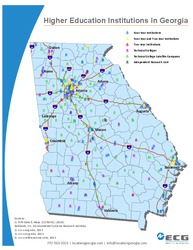

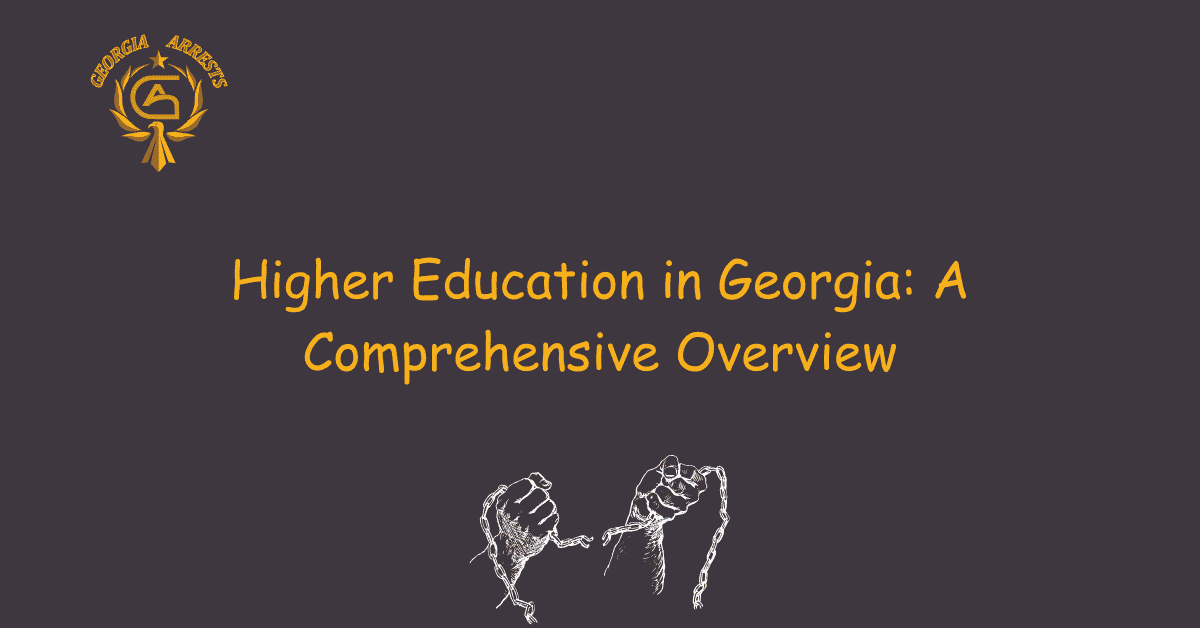
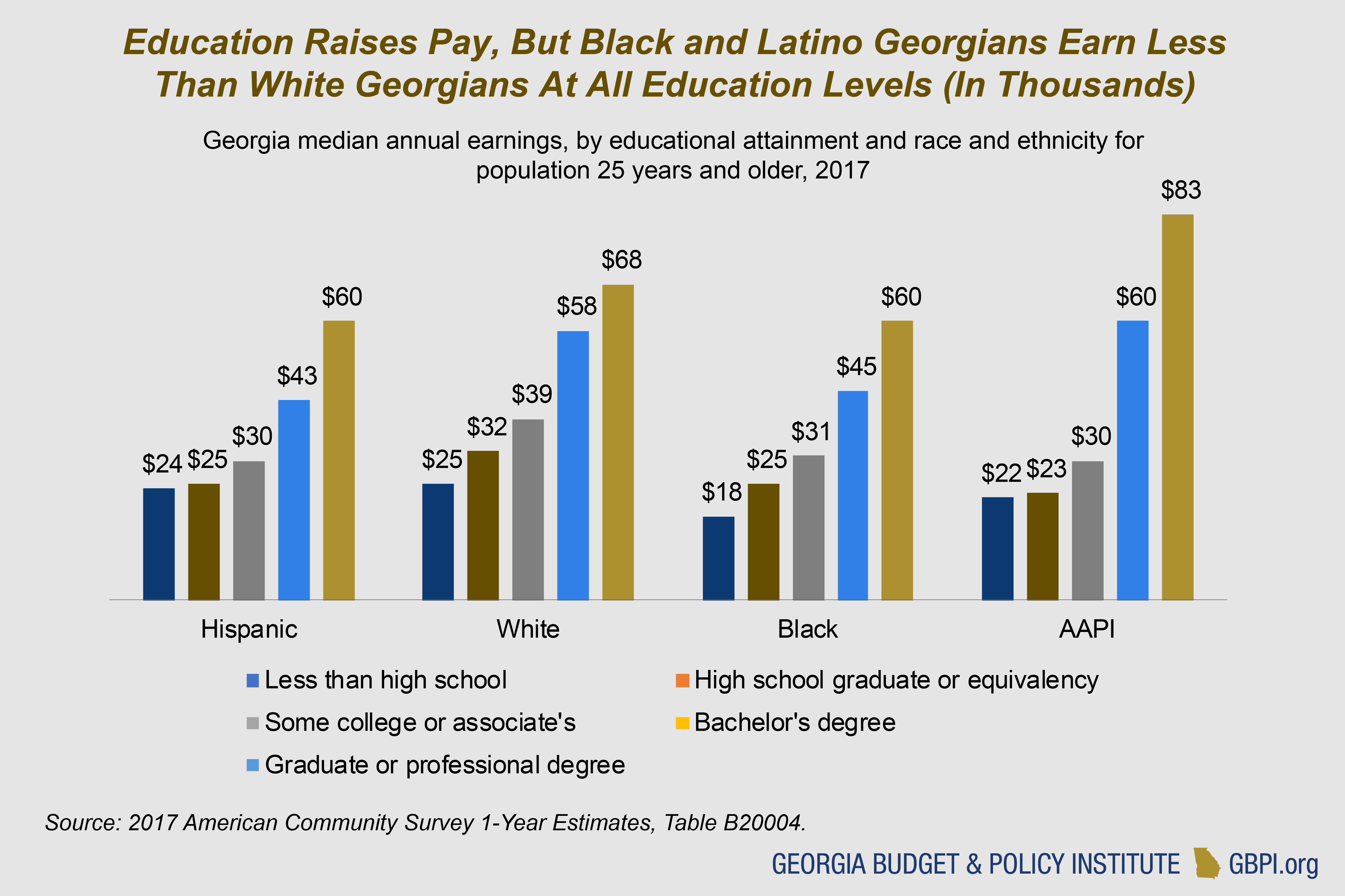

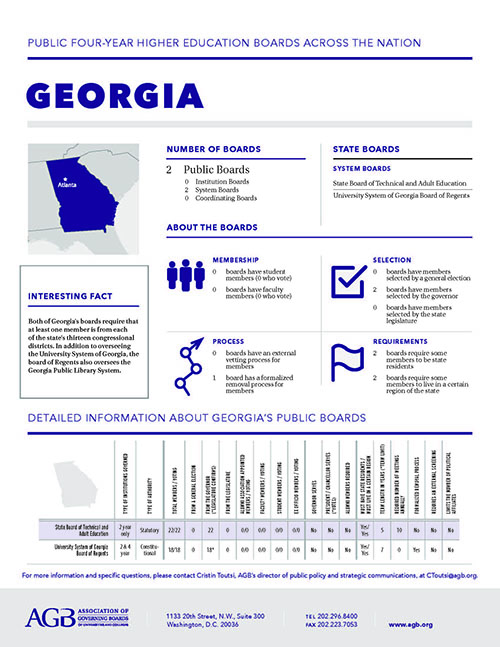
Closure
Thus, we hope this article has provided valuable insights into Navigating Georgia’s Higher Education Landscape: A Comprehensive Guide to Colleges and Universities. We thank you for taking the time to read this article. See you in our next article!